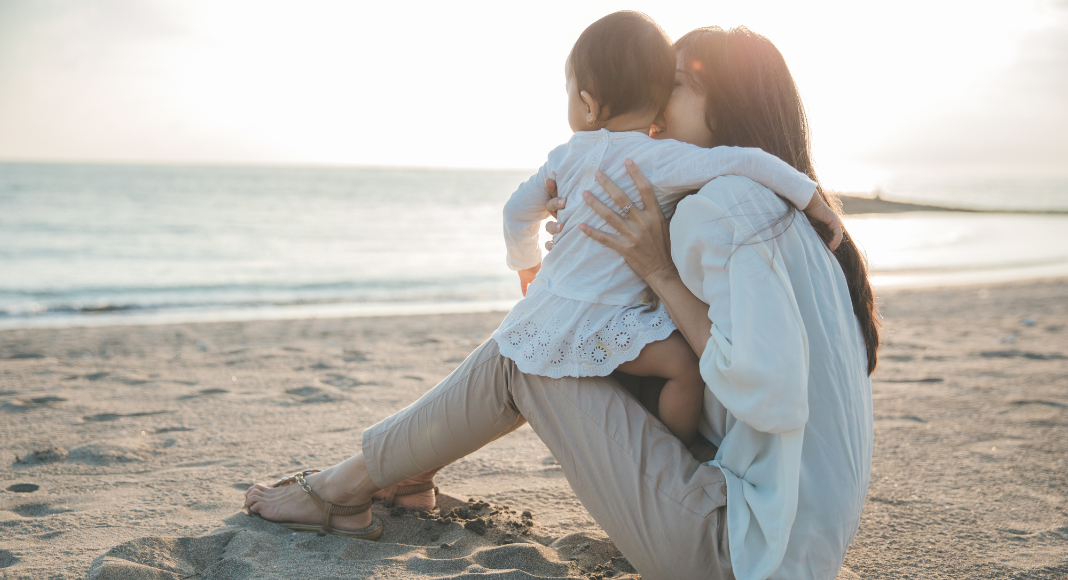 At the last PTA meeting of the year, I cried (maybe more than once) as my current volunteer term on the Executive Committee ended. On the last day of school, I couldn’t bear to say “Bye!” to teachers, opting instead for “See you later!”
At the last PTA meeting of the year, I cried (maybe more than once) as my current volunteer term on the Executive Committee ended. On the last day of school, I couldn’t bear to say “Bye!” to teachers, opting instead for “See you later!”
Every year, when I take down all the school year’s extracurricular activities’ schedules from our family bulletin board calendars, which makes my head spin, I get a twinge of nostalgia even though I know I’m creating room in more ways than one for a much simpler summer schedule.
Change is hard for me. I am sentimental and always have been. I struggle with transitions. Do you?
So many women I work with in my counseling practice struggle with change. “It’s okay,” I offer support, and I mean it. It’s natural to be sad or feel off when a shift occurs.
It’s natural for kids to struggle with a transition like the school year ending, confirms Sammi Strahl, LCSW, Founder and Clinical Child Therapist, who will also be a group facilitator at an Early Childhood Center in Scarsdale come the fall. “Kids thrive on routine and predictability. Because of their developmental and emotional needs, disrupting their familiar routines may cause uncertainty and anxiety about what comes next.”
So, how can we navigate such uncertainty and anxiety? With support and self-compassion, I say.
And when we openly (and age-appropriately) discuss our feelings with our kids, including our struggles, we set them up for success. “Children often look to their parents for cues to manage their emotions and behaviors,” Sammi explains. “By demonstrating confidence but acknowledging moments of shyness or anxiety, parents can show their children that it’s normal to have these feelings during a change or new situation. This modeling helps children feel validated and reassured that it’s okay to experience a range of emotions during transitions.”
Change may affect some people more than others, and its impact can be expressed in different ways.
Many women I work with experience a feeling of heaviness, sadness, or irritability. If you or your child is experiencing ongoing distress from a change that affects your well-being or daily life, professional help is available and should be utilized. Sammi advises: “Listen actively to your child’s concerns and pay attention to nonverbal cues that may indicate nervousness or unease. Look for noticeable behavioral changes, such as increased irritability, withdrawal, or acting out, representing signs that your child finds the transition challenging.”
Often (for both kids and adults), the anticipation of the change is harder than the change itself, but that may not always be the case, and that’s okay, too. I help my clients (and myself!) get through big transitions by reminding anyone struggling to notice their thoughts and emotions without judgment. As Sammi suggests, “Letting your child know that it’s perfectly common and acceptable to feel shy or anxious, especially in new environments or with new people, can help normalize their experiences. Assure them that many people, including adults, also face similar feelings and that supports are in place to help ease the transition.”
So, as we settle into this season and soon enough prepare for summer to end, let’s remind ourselves that the only constant in life is change.
Let’s be present and enjoy the moments we are in now. We can reassure our children and ourselves that our nostalgia is normal while simultaneously embracing the new. And it is okay if we need support in doing so.





















